So the big question is: will it work? Will Trump’s protectionist policies, announced with some fanfare at a Rose Garden event at the White House yesterday, increase American prosperity? Or will they harm the economy?
Opinion on that matter is sharply divided. In one corner we have the free traders. They are wringing their hands and warning about higher prices, disruption of international trade and a trade war no one can win.
In the other corner are – what to call them? Most are not “anti-free traders” or “economic protectionists” (though some are). Let’s call them “fair traders.” They like the idea of free trade – in theory. What they don’t like is the ethic of “free trade for thee but not for me.”
And just that, according to Trump, has been the fate of post-World War Two America. In 1945, we were the only big economy standing. So it is understandable that policies developed that gave advantages to other countries at our expense. We could afford it.
Well, here we are, 80 years on. The world has changed. Our trade policies have not. Until now. Trump’s basic message was summed up in the movie Network: “We’re mad as hell and we’re not going to take it anymore.”
Trump came to the Rose Garden event armed with charts detailing what other countries charge the United States and what we would start charging them.
On the campaign trail, Trump used the the word “reciprocal” a lot. What other countries charged us, we would charge them.
In the event, his administration is starting off with something a little different. There will be a 10 percent tariff on all goods imported to the US. Then there is we might call “discounted reciprocity.” China, for example, imposes a 67 percent duty of US imports. Trump will impose a 34 percent duty on goods from China. The European Union imposes a 39 percent tariff on US imports. We will charge them 20 percent. And so on.
What happens now? I write on Thursday, before the market has opened. But premarket trading is unhappy. The thing to bear in mind, I believe, is that we are faced with an empirical question here. Economists, as a species, do not like empirical questions. Hence the old joke: an economist says “that’s all very well in practice. But how does it work out in theory?”
There will be a fair amount of that inverse reasoning in the weeks and months to come. There will be tumult in the market. Will there, at the end of the day – which is when? Three months? Six? – will the tariffs work? Many people, on both sides of the fence, are looking forward to looking back and saying, “I told you so.”
Two points. One about Adam Smith, the great apostle of free markets and inventor of the image of “an invisible hand” that works its alchemy by transforming the private, selfish actions of individuals into goads to the common good. Is Smith the anti-Trump? It’s not that simple.
The Wealth of Nations is indeed a paean to the wonders of the free market. But Smith was also a realist, and he understood that what we would call protectionist policies are sometimes appropriate.
Under the category of “Restrains on Particular Imports,” Smith has this to say: “There may be good policy in retaliations… when there is a probability that they will procure the repeal of the high duties or prohibitions” imposed by other countries. “The recovery of a great foreign market,” Smith writes, “will generally more than compensate the transitory inconvenience of paying dearer during a short time for some sorts of goods.” He might have been channeling Secretary of the Treasury Scott Bessent.
My second point is more general. America is often said to be an innovative, risk-taking country. Our current policies have landed us with a $37 trillion federal debt (not including all the unfunded liabilities we face) and a $2 trillion annual deficit. That is not sustainable. So here we have a disruptor in the person of Donald Trump and his team. They are smart people who are willing to try something new. Why not give them a chance? America is debt-ridden but is still rich and powerful. And there is, as Adam Smith said in another context, “a deal of ruin in a nation.” I say, let’s give it a shot and see if it works.



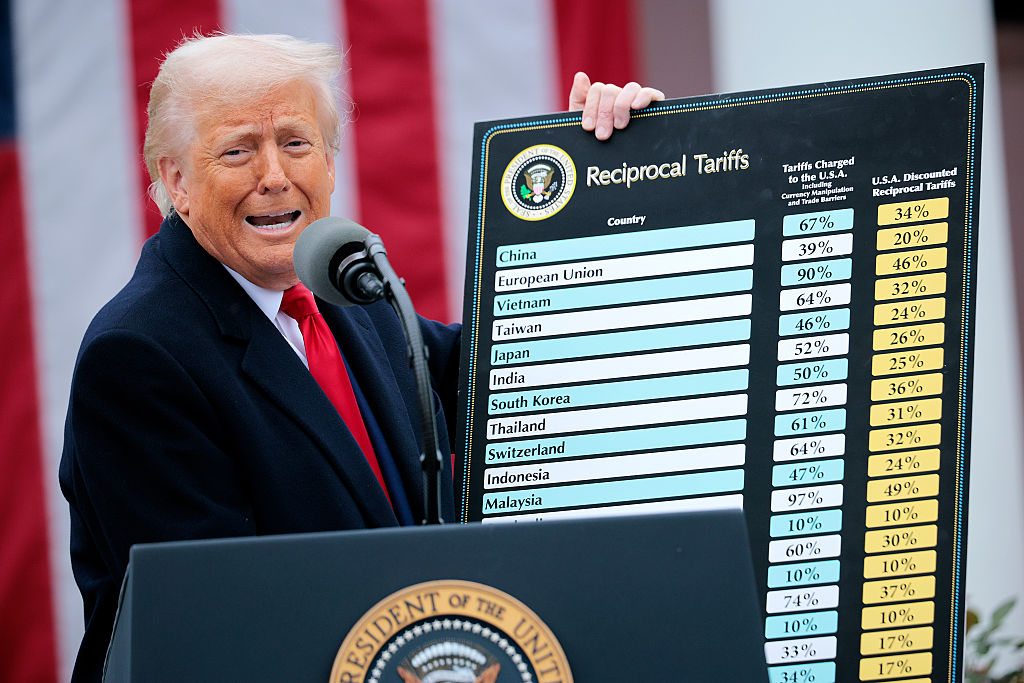






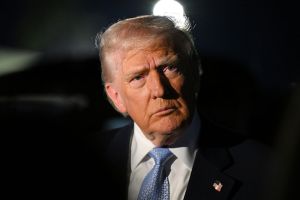
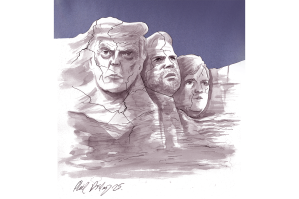
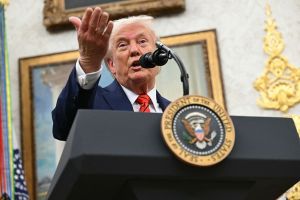
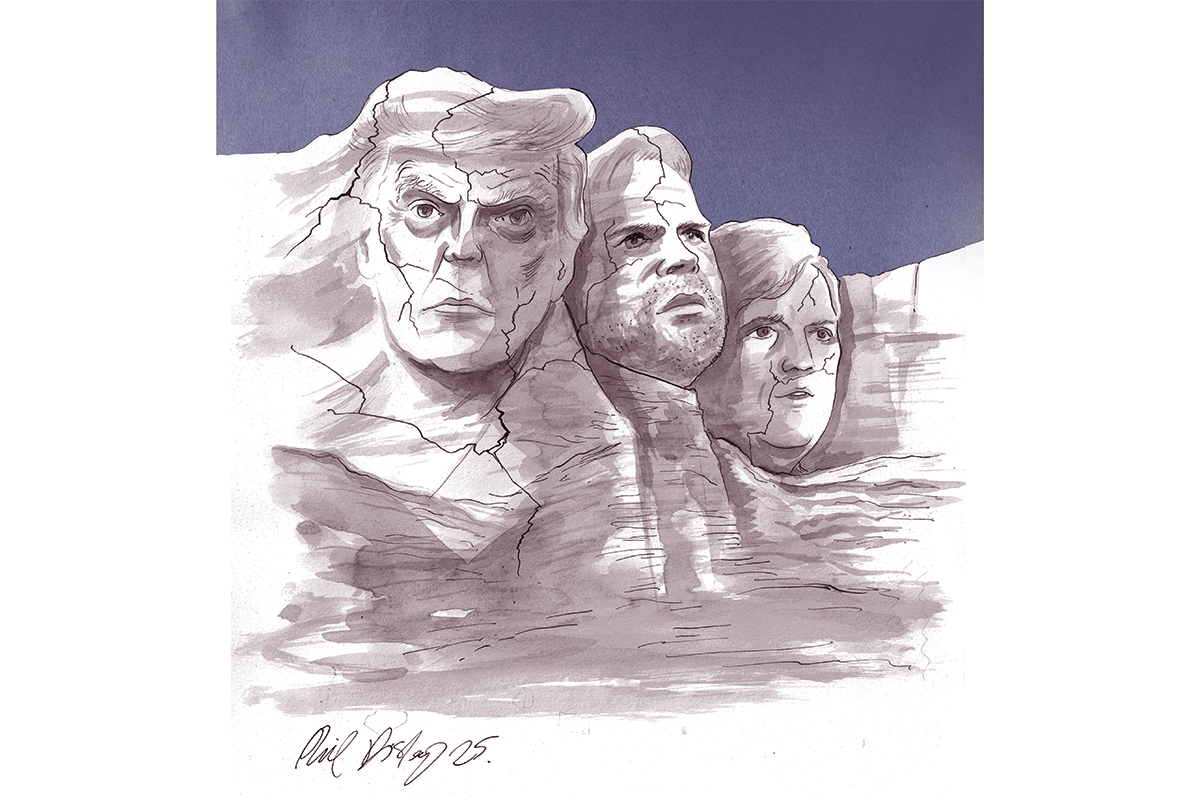
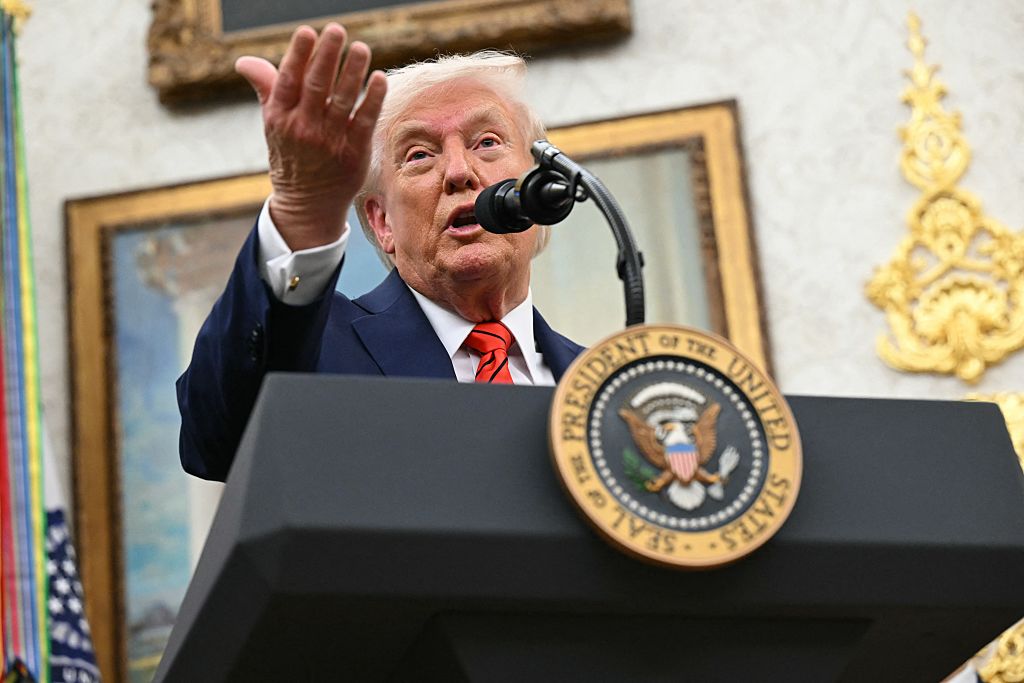

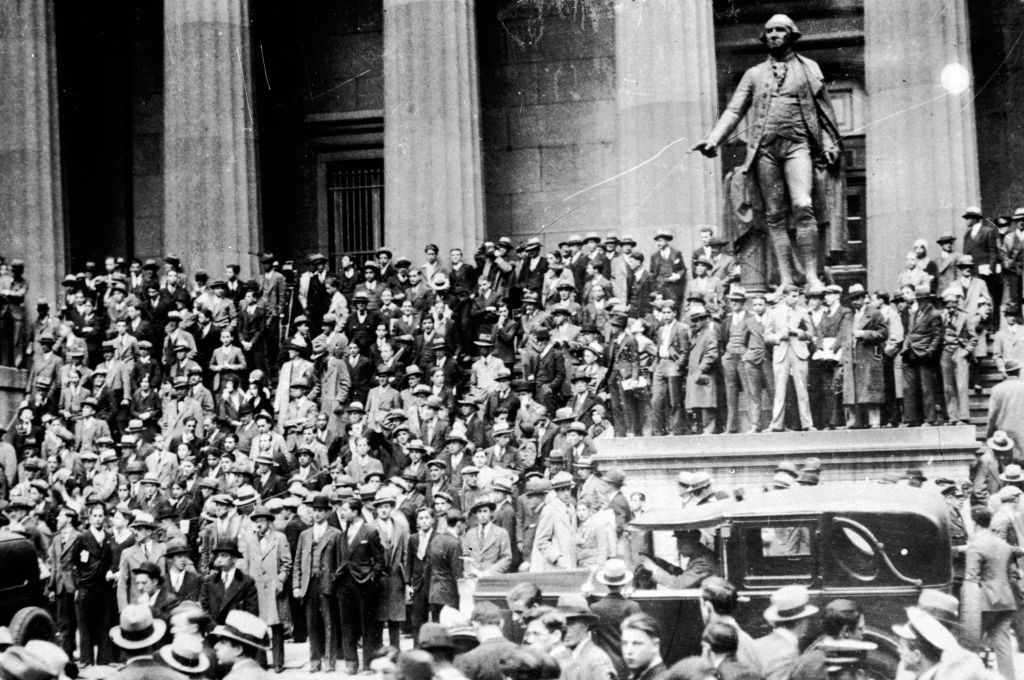
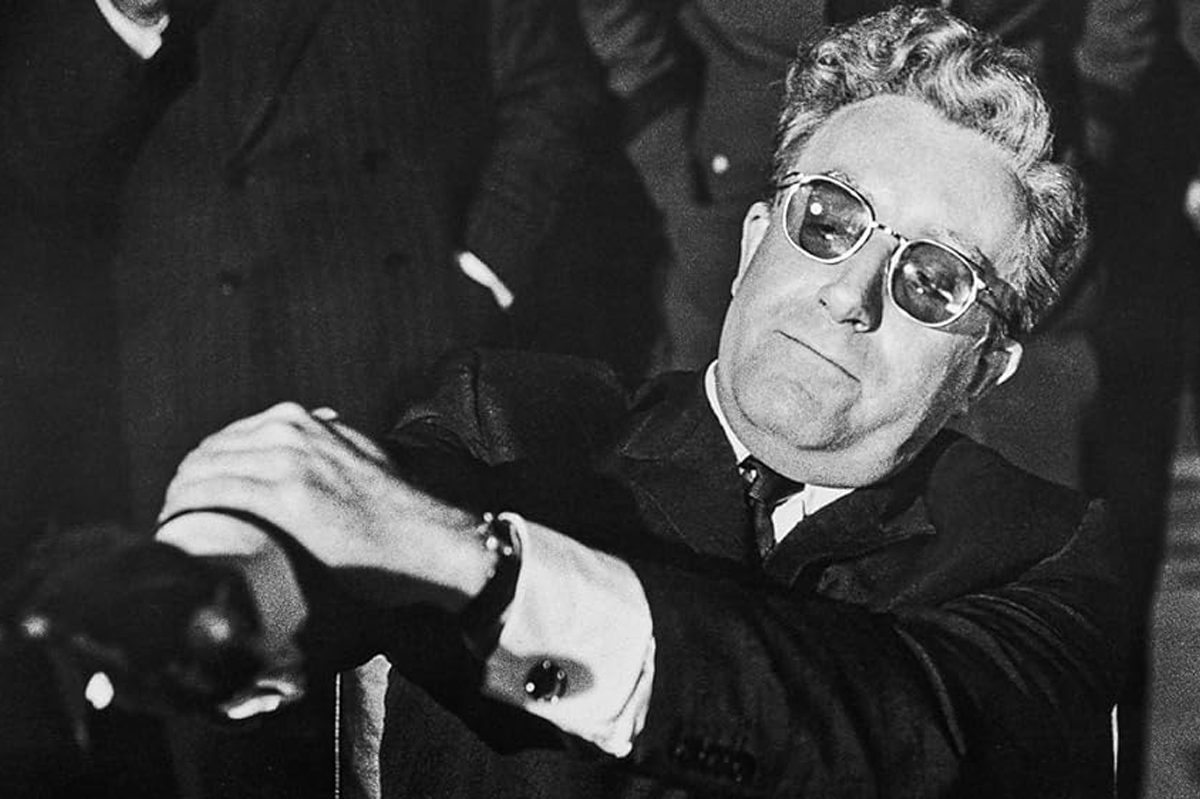
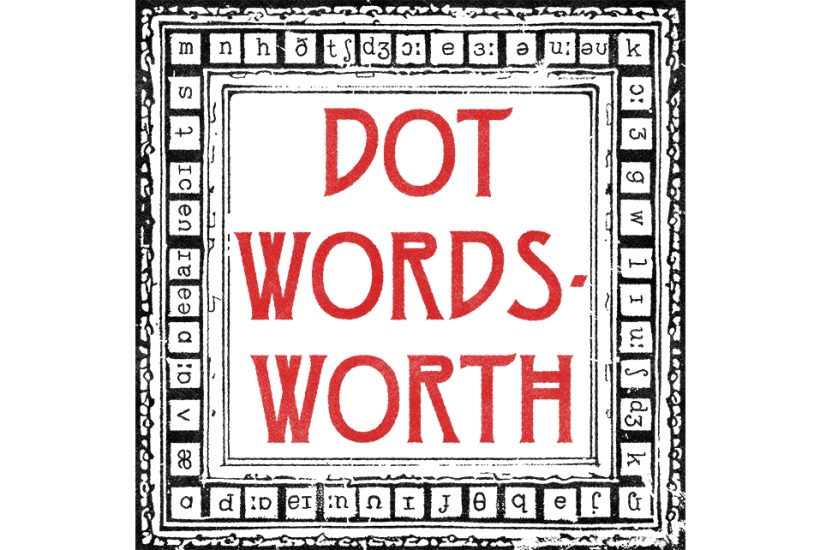







Leave a Reply